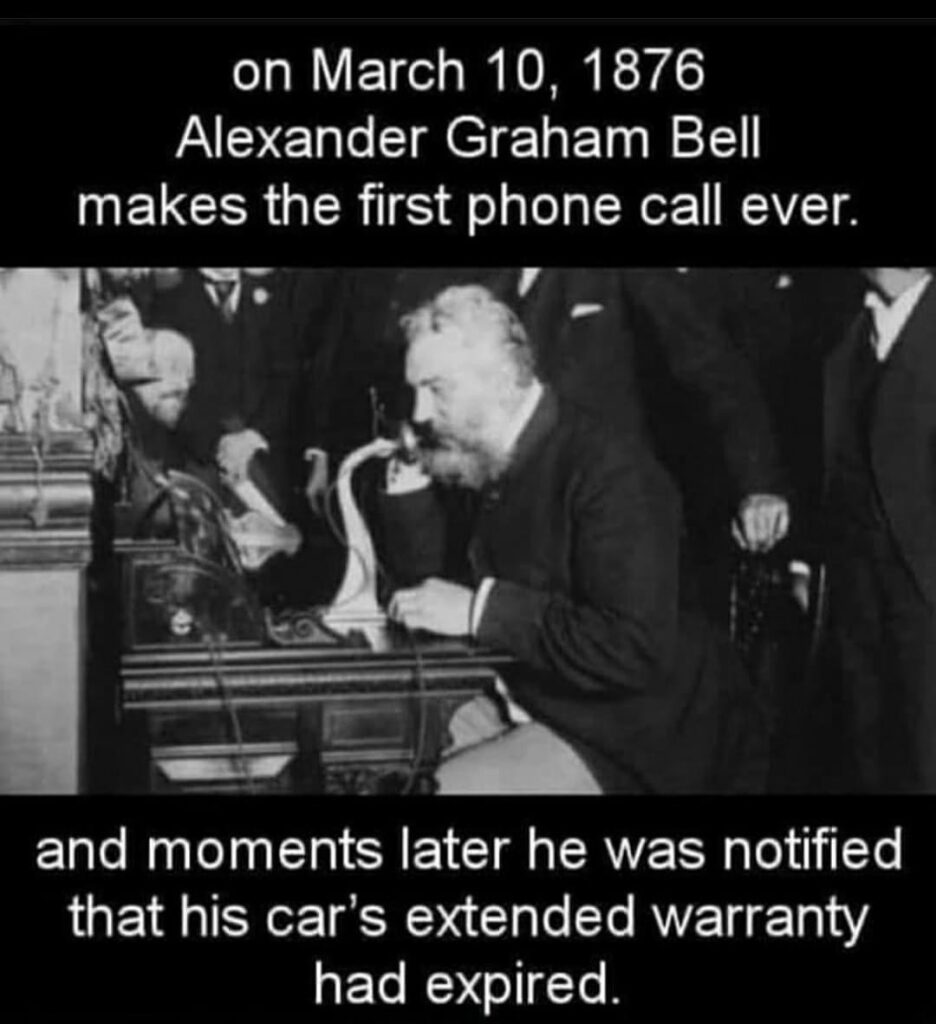Folks, I’m as surprised as you that the FCC seems to have actually made a difference in robocalls. Yes, I still get them and I bet you do too. But I’ll admit that I get fewer than I used to, thanks to some common sense rules from the FCC. Using technologies developed in the last five years, all phone companies in the US have been actively blocking calls that come from numbers that don’t line up as they should.
What they did is use a pair of technologies called STIR/SHAKEN to make it all happen. These technologies compare the caller ID of the call with the device it’s coming from, and block calls that don’t link up. In addition, they’ve taken steps to block overseas robocalls using similar tools. This has made it much, much harder for scammers to do their jobs, and it’s made it easier and easier for the FCC to find them. When the FCC does find them, they prosecute. Even more unbelievably, they win.
They’re moving on text spammers
I think that it’s incredibly sad that scammers and robocallers more or less destroyed voice calling. It used to be such a delight to get a phone call, and now the sound of your phone vibrating is your cue to roll your eyes. Let’s be honest, in many cases texting is really inferior to voice calling but none of us want to do it. Even more so, none of us want to receive voice calls either.
That’s why I’m encouraged that the FCC has laid down its first ever rules targeting scam text messages. Now, you can argue they should have made this move years ago. But they’re doing it now, and that’s the important thing.
Here’s one big thing
I don’t know about you, but this is a big problem in my life. If I do business with one company and they’re part of a trade organization, I get calls, texts, and emails from a ton more companies I never did business with. Even though my number is on the Do Not Call registry, it doesn’t matter. There’s a loophole that allows you to be cold called by companies you’ve done business with before. That, in itself, is not a bad thing. The problem is this. Say that if you get your furnace fixed. The heating contractor is part of the American Association of People Who Fix Things (a trade association I made up but I’m sure there’s something similar.) That loophole lets any other member of that association call you or text you.
The FCC has realized that wasn’t the real intention, and they are moving to fix it. Details are still forthcoming, but that’s going to make a real difference in my life, to be sure.
Is this likely to work?
If you’d asked me last year, I would have said no. But looking back, there has been meaningful progress in eliminating both robocalls and e-mail spam. It’s obvious that it can be done. So maybe they’ll manage to do it again. Personally I do receive about 15-20 spam texts a day. I am sure some of these would fall under the new rules. Some wouldn’t, but this could be a good step
What’s left to fix?
Eliminating electronic scams really could make a difference. There have always been scams out there. Chances are, you’ve run into this meme:

It’s a bit of an exaggeration, but probably not much of one. Cold callers and scammers have been using technology forever, and I’m sure that they jumped on the bandwagon with the telephone pretty early.
The difference back in the 20th century is that it took time and effort to scam people. Either you needed a call center full of expensive humans, or a robodialing machine. They were rare and expensive, and could still only make one call at a time. With the coming of the internet, overseas servers could suddenly make thousands of calls a minute for little or no cost. No wonder things got so bad so fast.
If nothing else, these rules will take us back to the point where you’ll need to involve real people in order to create scam content. Of course it won’t be long before ChatGPT can do it, since it seems to be able to do everything else. But let’s take things one step at a time, I suppose.





